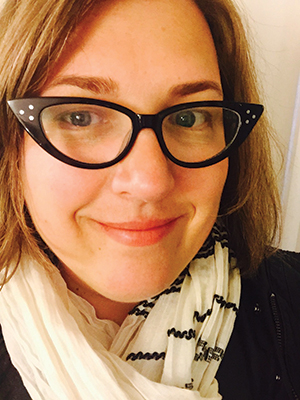
AS A CAREGIVER, I talk about cancer a lot, whether I’m discussing multiple myeloma treatment options with my partner, Jackie; relaying updates about her health to our family and friends; or sharing my thoughts about Jackie’s condition with her care team. It’s a responsibility I don’t think too much about because I do it all the time.
Even so, communicating with others about a serious medical condition can be stressful. For a study published in Behavioral Sciences on March 2, 2017, a nurse from the City of Hope Comprehensive Cancer Center in Duarte, California, spoke with 20 people who were caring for lung cancer patients. The study found that communication difficulties with the patient, family members and health care providers affected caregivers physically, psychologically, socially and spiritually. The researchers concluded that efforts to improve communication skills among caregivers could help provide support.
If you are struggling to find the right words when talking about cancer with your loved one, family members or health care professionals, the following suggestions may help make it a little easier:
Communicating With Your Loved One
- Don’t assume you know your loved one s thoughts or feelings or what is best. Ask him or her directly.
- Try to have the hard conversations, such as discussions about sex and death. You may have some false starts, but continue to talk it through.
- Discuss practical aspects of care, such as medical expenses or possible scheduling conflicts with treatment appointments, as soon as you can to head off problems.
- Be an active listener. That means concentrating on what your loved one is saying, rather than thinking about what you want to say next.
- Remember that conversations about cancer can bring up a lot of emotions. If you become angry or upset, try to calm yourself down by taking deep breaths or counting to 10.
- Ask your loved one what health information you should share with others.
Communicating With Family and Friends
- Don’t feel responsible for keeping everyone in the loop about your loved one s care. Choose a few people who can do the talking for you.
- It’s OK to keep certain details private.
- Be clear if you need support from others with specific tasks related to your loved one’s care.
- A friend’s or family member’s perspective can provide clarity, but you can still firmly assert that you don’t need to hear certain information, such as news of miracle cures.
Communicating With Health Care Providers
- Be sure your loved one has given doctors permission to discuss health care issues with you. Your loved one may need to sign a release form.
- If possible, choose one doctor or nurse to go to with questions or requests for additional information.
- Before your loved one’s appointments, take the time to prepare a list of questions. Prioritize those concerns by order of importance.
- Ask the doctor to explain or repeat anything that you don’t understand.
No matter where you are in your caregiving experience, remember that everyone, including doctors, struggles to communicate at times. If you need help talking things out, don t hesitate to ask for a referral to a counselor or an oncology social worker, who can provide practical tips to help you navigate difficult conversations.
Cancer Today magazine is free to cancer patients, survivors and caregivers who live in the U.S. Subscribe here to receive four issues per year.




